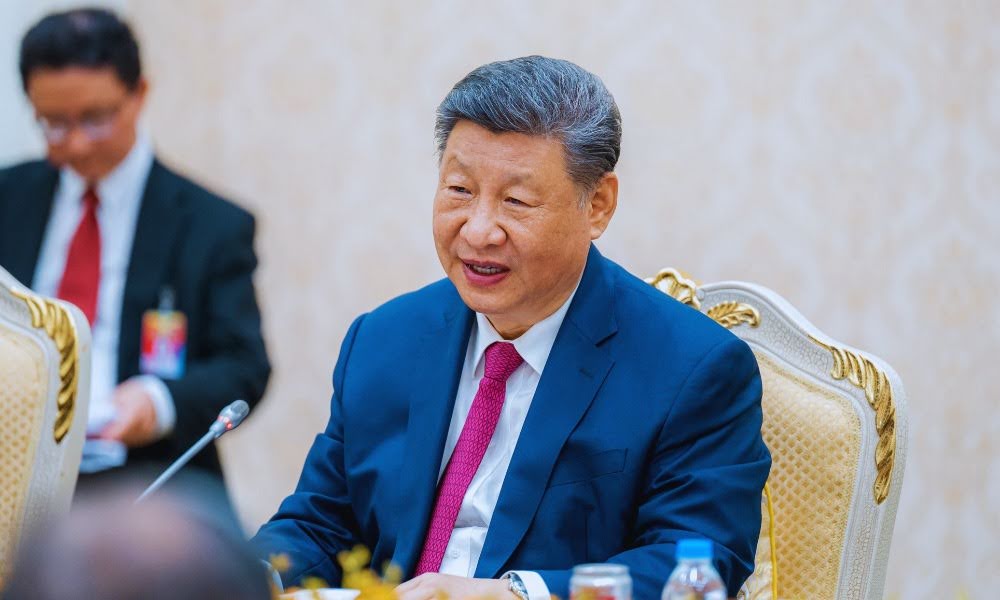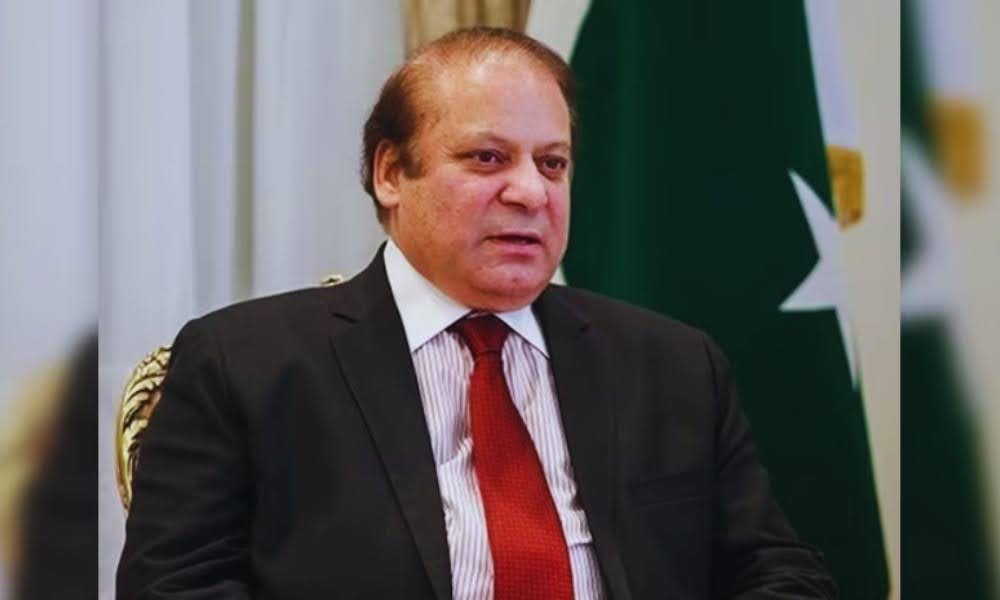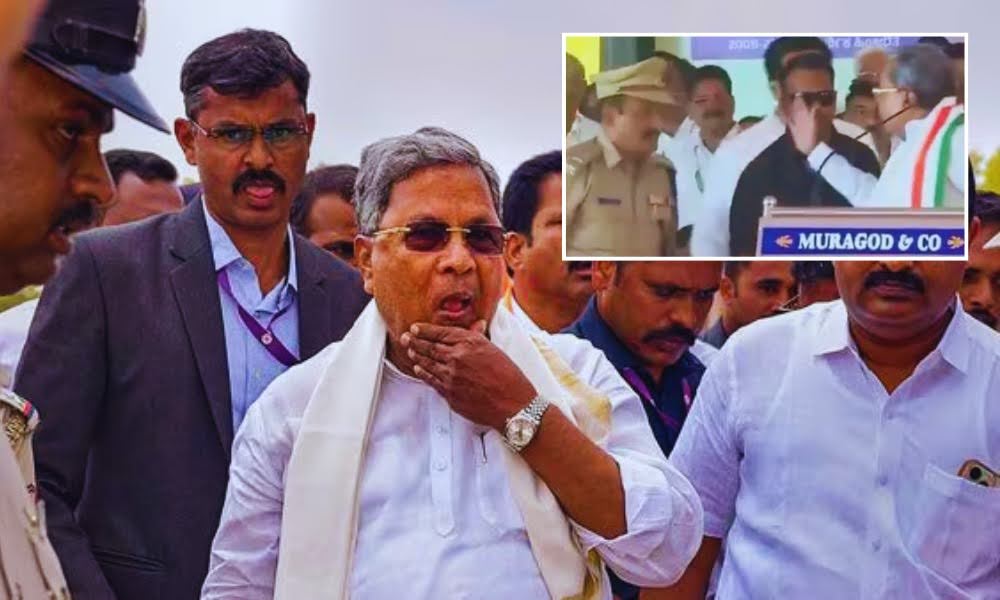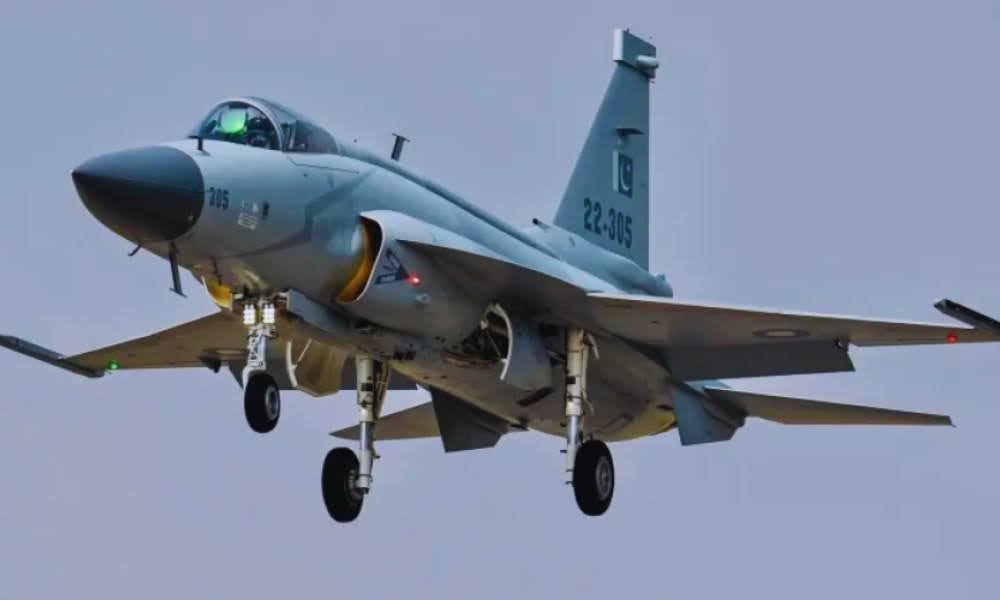After Pahalgam Terror Attack, China Backs Pakistan and Calls for Restraint Between India and Pakistan

Amid escalating tensions between India and Pakistan, reports have emerged claiming that the Pakistan Air Force (PAF) has received express deliveries of China’s advanced PL-15 long-range air-to-air missiles.
PAF recently shared images of its new JF-17 Block III fighter jets equipped with PL-15 Beyond Visual Range (BVR) missiles on dual racks.
According to ClashReport, which covers defense updates extensively, the PL-15 missiles visible on PAF aircraft were sourced from China’s People’s Liberation Army Air Force (PLAAF) stocks, not the export-version PL-15E.
If confirmed, this suggests an urgent transfer by Beijing to Islamabad at a time when tensions risk spiraling into a broader conflict.
The possession of these advanced PL-15 missiles could provide PAF with a tactical edge, enabling them to engage Indian Air Force (IAF) aircraft from significant distances.
While no official confirmation has been made, the move would reflect the deepening defense ties between China and Pakistan.
China’s Rapid Response Capability
The reported missile transfer highlights China’s capability to ramp up production and deliver critical weaponry to allies swiftly, bypassing bureaucratic hurdles.
The PL-15 missile, a centerpiece of China’s aerial combat strategy, was showcased at the Zhuhai air show last November.
Developed by the Aviation Industry Corporation of China (AVIC), a state-owned conglomerate, the PL-15 is a radar-guided, long-range air-to-air missile.
Following the deadly April 22 terror attack in Pahalgam that left 26 dead, China extended its support to Pakistan while urging both nations to prioritize peace and de-escalation.
China’s Call for Restraint
The Pahalgam attack, claimed by The Resistance Front—a proxy of Pakistan-based Lashkar-e-Taiba—heightened tensions between the two countries.
In response, Chinese Foreign Minister Wang Yi spoke with Pakistan’s Foreign Minister Ishaq Dar, reiterating China’s longstanding support for Pakistan’s sovereignty and security concerns.
Wang Yi emphasized, “China has always supported Pakistan in its resolute anti-terrorism actions and fully understands Pakistan’s reasonable security concerns.”
He advocated for an impartial investigation into the attack and stressed that China was closely monitoring the evolving situation.
Wang urged both India and Pakistan to exercise restraint, warning that conflict would harm the fundamental interests of both countries and destabilize the region.
“Both sides should meet each other halfway and promote the cooling of the situation,” he added.
India’s Response to the Pahalgam Attack
In the wake of the attack, India imposed several measures against Pakistan. These included suspending the Indus Waters Treaty—a vital water-sharing agreement—and shutting down the only operational land border crossing at Attari.
India’s suspension of the treaty provoked a sharp reaction from Pakistan, which warned that blocking river waters would be considered an “act of war.”
Pakistan retaliated by closing its airspace to Indian aircraft and halting all bilateral trade.
Pakistan’s Assurance to China
During his conversation with Wang, Ishaq Dar briefed him on the rising tensions and reaffirmed Pakistan’s commitment to combating terrorism.
Dar stated that Pakistan opposed any actions that could exacerbate the conflict and was handling the situation with maturity.
Dar rejected India’s “unilateral and illegal actions” and “baseless propaganda against Pakistan,” while expressing gratitude for China’s consistent support.
He reiterated Pakistan’s commitment to a strong strategic partnership with China and their shared goal of ensuring regional peace and stability.
“Both sides reaffirmed their resolve to oppose unilateralism and hegemonic policies,” the Pakistani foreign ministry stated.
China’s Continued Support for Pakistan
Following Pakistan’s call for an independent international investigation into India’s allegations regarding the Pahalgam attack, Wang Yi voiced Beijing’s support.
In his phone call with Ishaq Dar, Wang backed the call for an impartial investigation and stressed the need for both sides to de-escalate tensions.
According to The Global Times, Wang Yi emphasized that combating terrorism was a shared international responsibility.
He asserted that China was Pakistan’s “ironclad friend” and fully supported Pakistan’s sovereignty and security interests.
Wang reiterated that an India-Pakistan conflict would not favor regional peace or serve the interests of either nation. He expressed hope that both sides would “exercise restraint, move toward each other, and work to deescalate tensions,” as reported.
India’s Diplomatic Offensive
Meanwhile, India launched a diplomatic counter-offensive. As part of its five-point rebuttal to the Pahalgam attack, India suspended the Indus Waters Treaty, closed the Wagah-Attari border, and halted the SAARC Visa Exemption Scheme for Pakistani nationals, ordering those already in India to leave within 48 hours.







